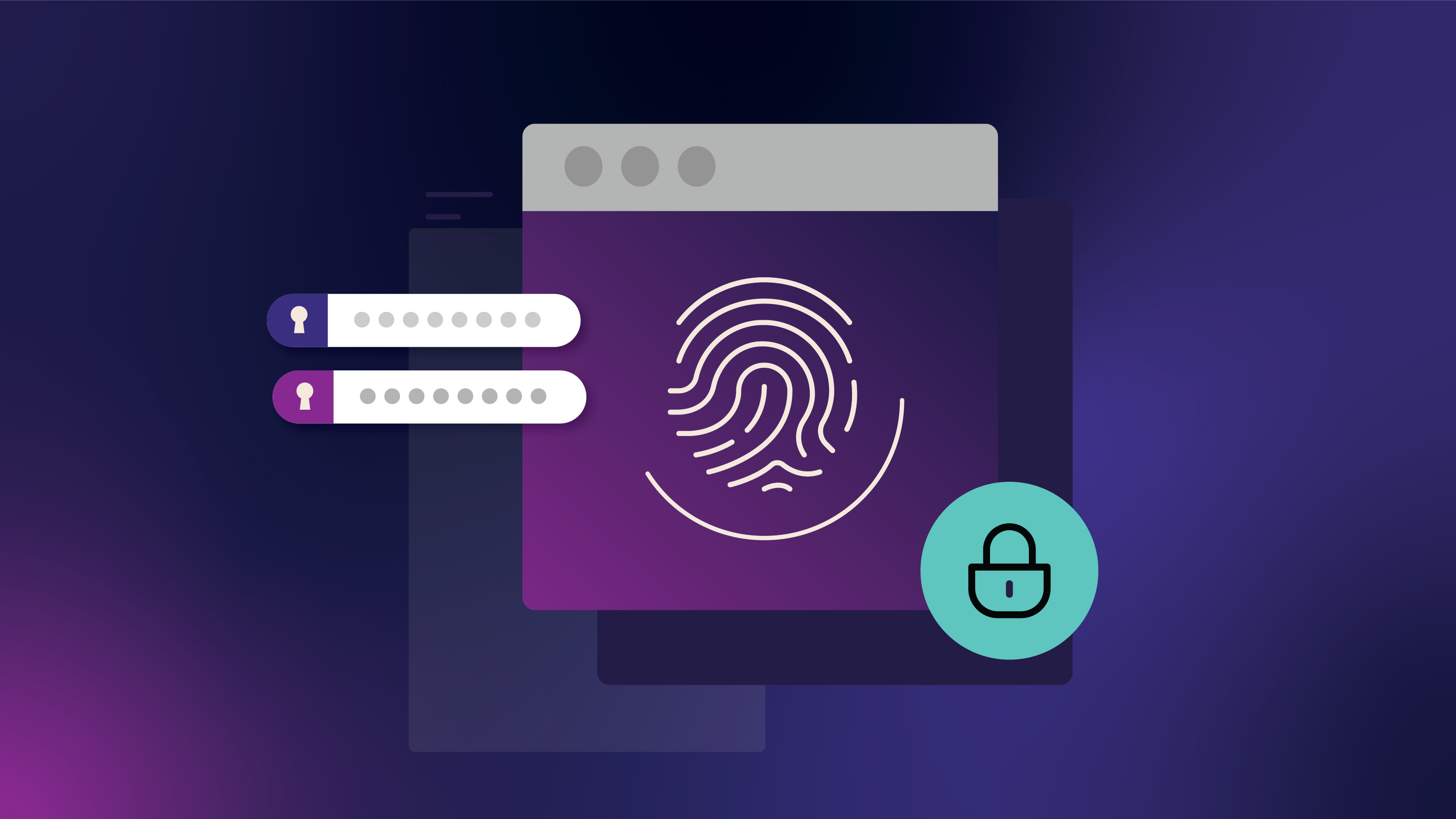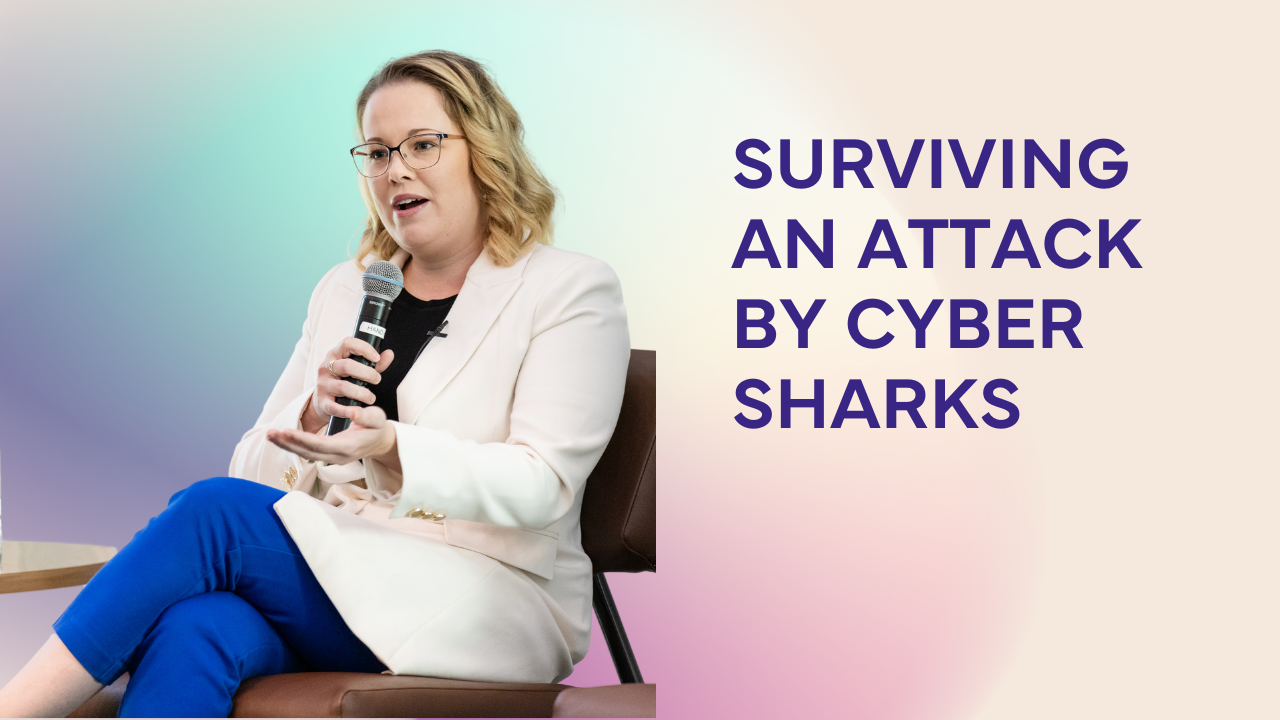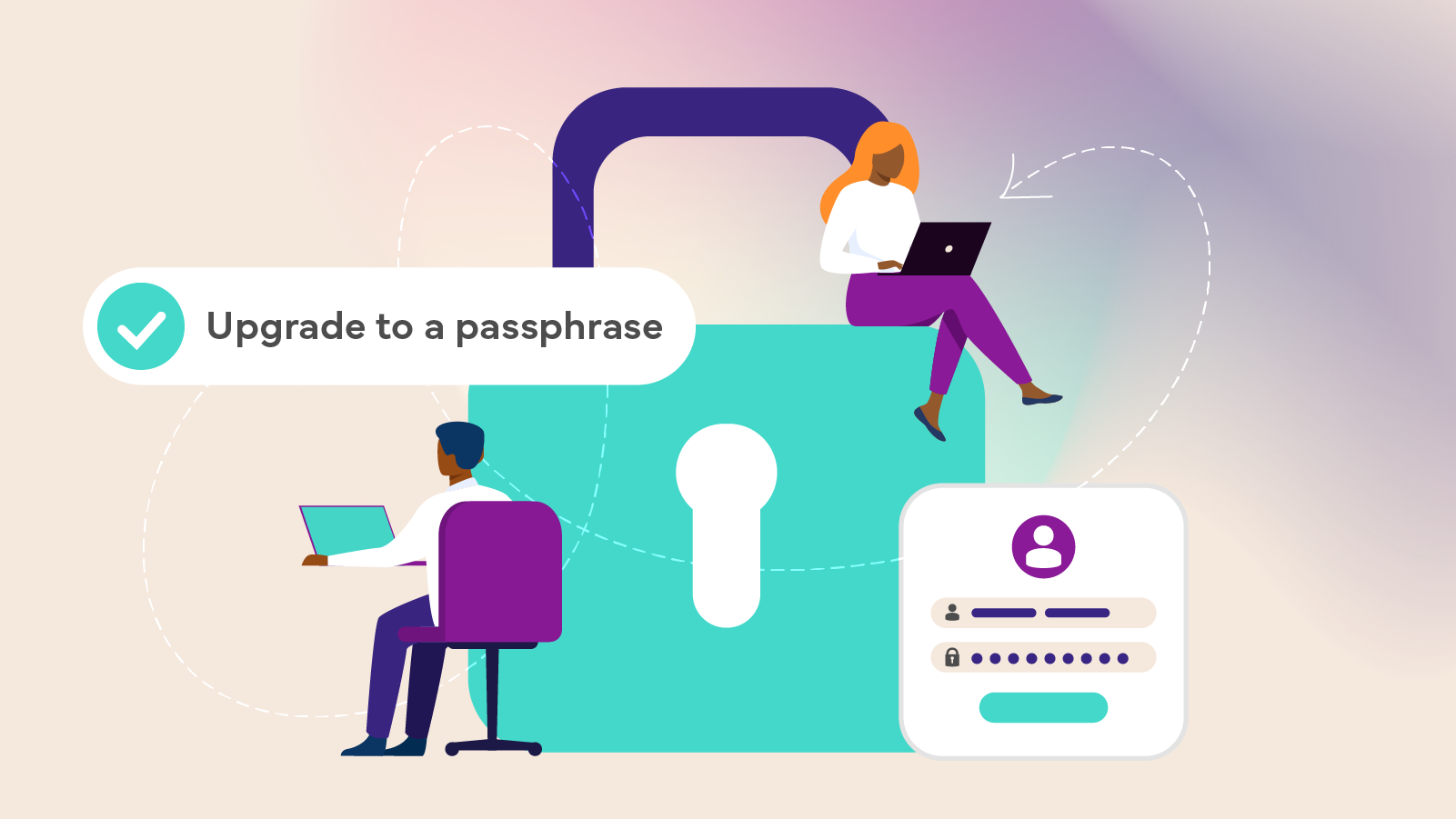We’ve all heard about ‘the cloud’. But what does it actually mean? And how does it operate?
We’ve taken out the guesswork so you can keep your head in the cloud (and your data) to stay cyber secure.
What is ‘the cloud’?
The cloud is a global network of remote high powered computers (called servers) that stores your important information like business records, documents, and photos (called data) allowing you to access them from anywhere you have an internet connection.


So, not a white fluffy sky cloud?
Despite the cute pictures of white fluffy clouds, you data isn’t stored in the heavens. And its not floating around like the latest weather system.
How does it work?
The cloud is more like a network of digital filing cabinets, each a high powered computer, with copies of your critical business records, so you can call them up whenever you need. There’s identical copies of the filing cabinets around the counrty and globe giving you fast, and backed up copies of your files.
You can think of it like a never ending pack of Tim Tams. Everytime you open it. no matter where you are, your digital filing cabinet is full of your important files.
You can save your data to the cloud rather than your local server or your personal computer.
This type of computer storage comes with security features to backup your data and keep it safe. It is provided remotely, which means you need an internet connection to access or upload your files.
Dropbox, Google Drive and Microsoft OneDrive are examples of cloud storage providers. Marketing databases or speciality business software you use might also be ‘operating in the cloud’ to make sure your important business files are backed up.
Security | Most cloud service providers use encryption technologies and offer security features to protect your data from unauthorised access. |
Convenience | It is easy to set up and use a cloud-based backup system, and usually the backup process is automatic. |
Accessibility | The cloud allows you to access your business files from anywhere at any time as long as you have an internet connection. |
Scalability | Cloud services can be easily scaled up or down based on what you need. While this may mean a change to a subscription cost, it won’t involve purchasing additional hardware or software upgrades. |
Cost-effective | Cloud-based backup solutions are often more cost-effective than traditional backup solutions, as you only pay for what you use. |
Disaster recovery | In the event of a disaster, a cloud-based backup allows you to quickly recover your information without relying on physical backup storage. |
What is the difference between cloud storage and cloud backup?
We thought you would never ask! Both let you store your files safely on remote servers and allow you to access your files from anywhere but they do this differently.
Cloud storage
Cloud storage is simply the storage of your current files to the cloud. It lets you synchronise important files from your computer for access anytime, anywhere from any device connected to the internet.
Cloud backup
Cloud backup is a complete point-in-time replica of your entire system, including older versions, which allows you to restore your files completely if something happens to your system. It works similar to a traditional backup of your computer to a local hard drive, but stores your information online. Think of back ups being like old photocopies of important records: you need both to make sure that your important information is as safe and secure as possible, and retrievable in the event of a cyber attack.
What else should you know about the cloud?
The cloud alone does not always mean your data is secure
Many commonly used business clouds, such as Office 365, only include top cyber security in the premium business subscription and still require you to have your settings properly configured. Check with your IT provider that you are using a premium service and the correct settings have been activated. You can learn more about how to do this using the Australian Cyber Security Centre (ACSC) small business cloud security guide available on the ACSC website.
The cloud only backs up what is uploaded
Ensure your team members are consistently working in the cloud and not saving files to their individual computer desktops. Important business documents and data not uploaded to the cloud will likely not be recoverable in the event of a cyber attack.






























